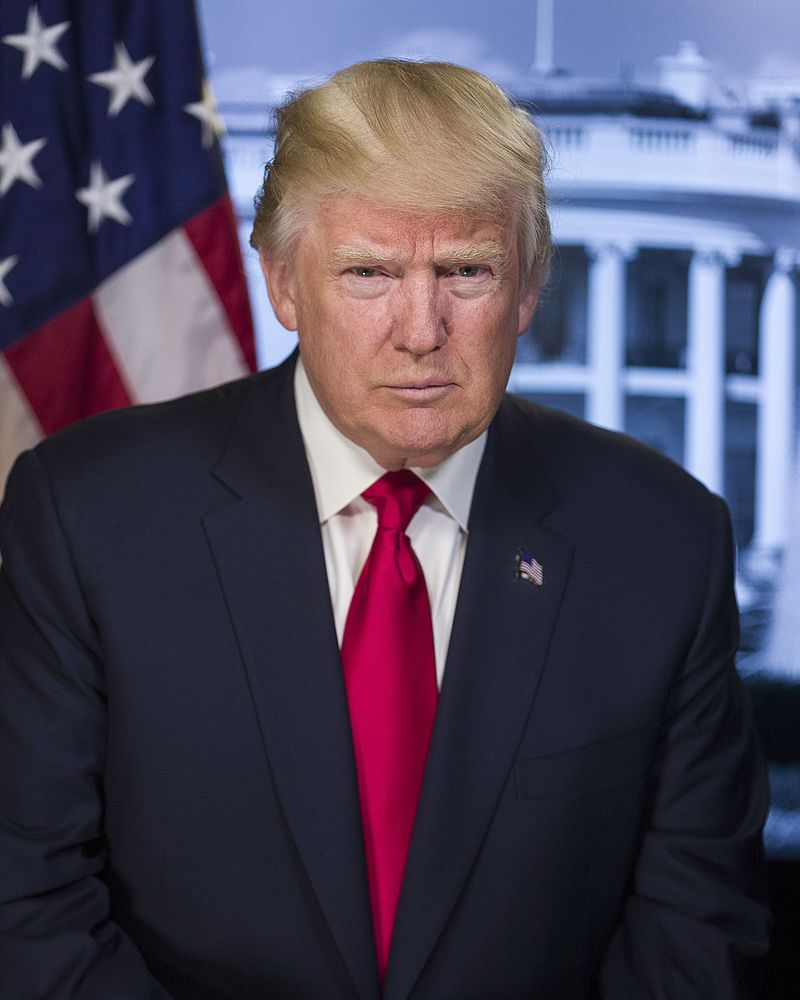The U.S. government is working on a new plan that could allow American companies like Nvidia and AMD to export their high-end AI chips to other countries again. But there’s one big condition: those chips cannot end up in China. According to Reuters, the U.S. Commerce Department is designing a license system. This system would let companies sell powerful AI chips overseas, as long as the buyers promise not to re-export them to places like China or Russia countries the U.S. sees as security threats.
Why this matters
The U.S. has been blocking China from getting advanced chips because of fears that they could be used for military, surveillance, or spying purposes. The goal is to slow down China’s progress in AI and defense tech. But here’s the problem: U.S. chip companies are losing a lot of money because they can’t sell to one of their biggest markets, China. Nvidia, for example, had to make weaker versions of its chips just to stay in the Chinese market after the U.S. tightened export rules in 2023.
Now, the government is trying to find a middle ground:
- Protect U.S. national security
- Still let companies do business with the rest of the world
How the new system would work
If this license plan is approved, buyers in countries like Vietnam, India, or Brazil could purchase U.S. AI chips, but they’d have to sign a legal agreement promising not to send the chips to China or other banned countries. If they break the rule, they could face legal consequences, and companies could lose their export rights. The U.S. already shared this plan with allies like Germany, Japan, South Korea, and the Netherlands, according to Reuters. That matters because those countries are home to major tech companies like Samsung, ASML, and TSMC, which are key players in making advanced chips.
What this means for U.S. chipmakers
Companies like Nvidia and AMD are expected to benefit if the plan goes through. They’d be able to sell high-end chips again to countries outside of China, which could bring in more revenue. Still, some U.S. officials and experts are worried the chips could be smuggled into China anyway, even with these agreements in place. Once a chip leaves the U.S., it can be hard to track where it really ends up.
Related: Why Jensen Huang Says China Cannot Count on Nvidia’s Chips
The White House and Commerce Department have not made a final decision yet. The plan is still being reviewed.







